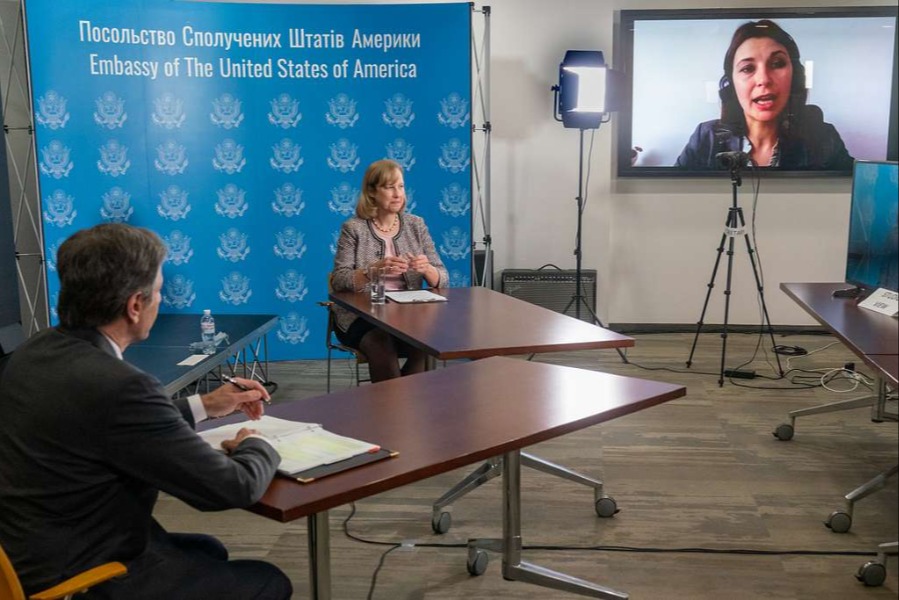The Meaning of South Africa's ICC Exit
News broke last night that the South African government had decided to withdraw from the International Criminal Court (ICC). The announcement sent shock waves through the international law and human rights worlds. Burundi's government had already announced its own intention to depart the ICC, but the South African move is much more significant.
Published by The Lawfare Institute
in Cooperation With

News broke last night that the South African government had decided to withdraw from the International Criminal Court (ICC). The announcement sent shock waves through the international law and human rights worlds. Burundi's government had already announced its own intention to depart the ICC, but the South African move is much more significant. Not only is South Africa a regional and international diplomatic player, but its departure can less easily be dismissed as an attempt to avoid scrutiny of its own crimes. The dust is still settling from the decision, and there could still be a fractious debate within South Africa about the legitimacy and legality of the move. But let's assume for a moment that the departure sticks. What does this tell us about the ICC's past and future?
The most immediate question is whether the South African move will prompt a broader African exodus from the court. There has been bad blood between the ICC and some parts of African officialdom for years. The African Union has passed a series of resolutions critical of the court, and several African leaders--most notably in Kenya--have urged a coordinated departure. The withdrawal of many African states would have enormous implications for the court; the continent is home to the largest number of ICC members and to most of its active investigations. Whether others follow South Africa's lead will be a function of domestic and regional politics, but it's safe to say that a large-scale African departure is much more likely today than yesterday. And if it comes to pass, it will cripple the court and put its viability in question.
There are many roots of the current crisis. The court's almost exclusive focus on African investigations and prosecutions is an important part of the explanation. All but one of the court's full investigations have been in Africa, and every individual indicted has been African. The ICC and its supporters will dutifully point out that most of those investigations were requested by the countries in question (as in Congo, Uganda, Central African Republic, and Mali). But that truth doesn't obscure the reality that the court has made its own choices about whether to investigate and that it has left in limbo several non-African situations it might have investigated long ago (Afghanistan being the most obvious).
As important as the regional disparity in investigations is the ICC's specific choice of targets. From its early days, the prosecutor's office enunciated a policy of prosecuting those "most responsible" for crimes. When investigating militias, the prosecutor has gone after commanders and senior leaders. And when investigating those in government, the prosecutor's office has usually set its sights on serving or recently deposed heads of government and senior ministers (as in Kenya, Sudan, Libya, and Cote d'Ivoire). That choice--and it was a choice--produced alarm in many African capitals. Some of that concern simply reflects the desire of politicians to protect themselves. But it also draws on more legitimate concerns about how international justice is impacting necessary diplomacy. It's one thing for a lawyer in The Hague to declare Omar al-Bashir an international outcast; it's quite another for a neighboring country with a complex bilateral relationship to be told it must do so.
Perhaps the deepest question about the ICC's evolving African crisis is whether political realities are simply catching up with a visionary court created in a unique and ephemeral historical moment. The Rome Statute was negotiated in the 1990s, in that period after the end of the Cold War and before the 9/11 attacks and the return of great-power animosity. It was a heyday for human rights and humanitarianism. We live in a different world now--one that is in many ways more hostile to grandiose global governance projects and to the vision of international law restraining and even eradicating conflict.





